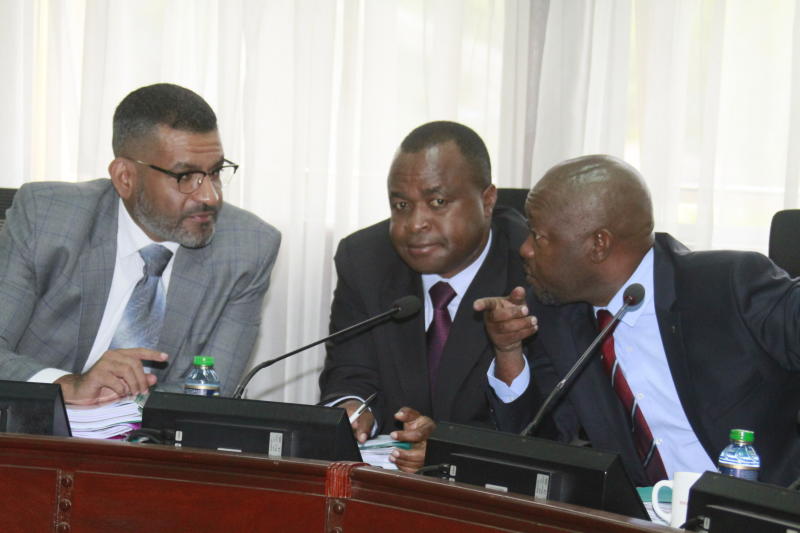×
The Standard e-Paper
Smart Minds Choose Us

A parliamentary committee now wants the law on the appointment of the Auditor General changed to ensure continuity in the office whenever the position falls vacant.
The Public Investment Committee (PIC) has protested that the continued absence of a substantive office holder has hampered submission of audited reports for many government agencies and corporations, some of which are now in breach of the set constitutional timelines.